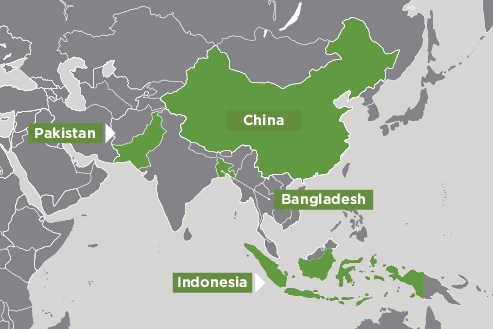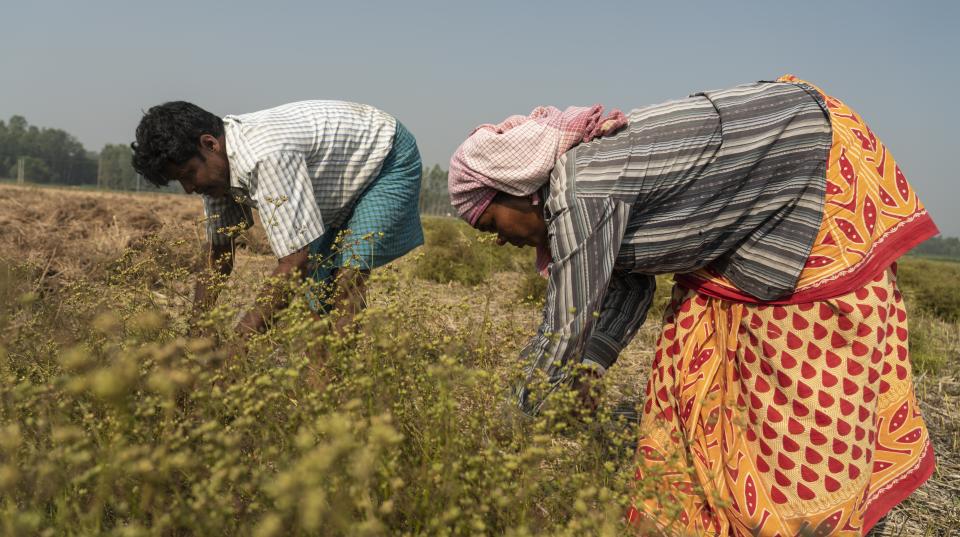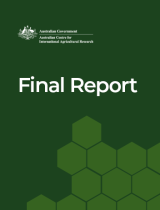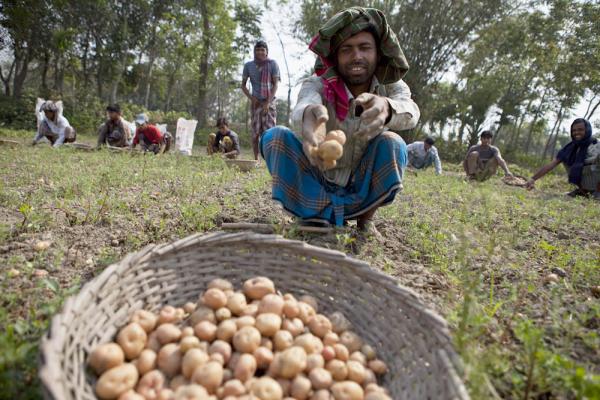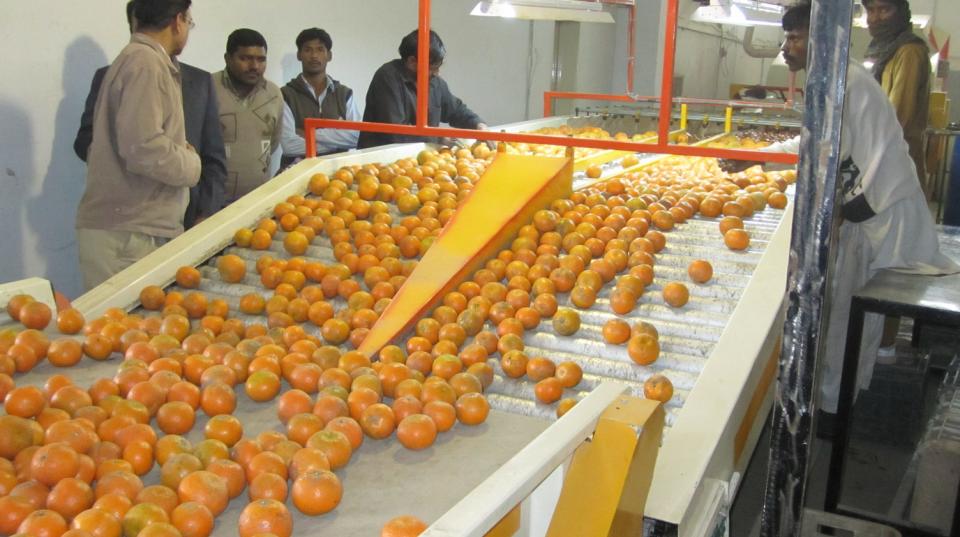Overview
The aim of this project is to understand the nature, drivers and consequences of rural transformation in order to design changes in the institutions, policies and investments (IPIs) which support success.
All developing countries experience rural transformation, that is ‘a process of comprehensive societal change whereby rural societies diversify their economies and reduce their reliance on agriculture; become dependent on distant places to trade and to acquire goods, services, and ideas; move from dispersed villages to towns and small and medium cities; and become culturally more similar to large urban agglomerations’ (Berdegue, Rosada and Bebbington, 2014).
Half or more of the population remains in rural areas in developing countries, which account for much higher shares of people living in poverty than do urban areas. Yet the process is far less studied than it deserves and the origins of the differences in experiences by country and by region are not clear. There are also gaps in the literature. These include the need to find common and quantitative measures of transformation and to explore many factors as part of a system. Research has also failed to examine the impact of driving factors (e.g., IPIs) on the stage, speed and outcome of rural transformation.
Therefore, this project will investigate not only the underlying determinants of the stages, speeds and outcomes of rural transformation but also the impacts of IPIs on all three elements and the successful rural transformation in the four countries.
Expected project outcomes
- Building greater capacity of research partners with respect to the ways of thinking about the process or rural transformation.
- Developing a better understanding of the differential impacts of rural transformation and hence the crucial support needed to promote inclusive, secure and sustainable development.
- Developing a better understanding of the institutions, policies and investments that support success in rural transformation.
- Creating some immediate impacts on the pace of transformation, particularly associated with policy reform.
Summary of outcomes to date
2021–22
- A significant rural transformation has been identified in the last three to four decades in Bangladesh, Indonesia, China and Pakistan. The rural transformation has accelerated in recent years more than that in the early decades.
- Rural transformation in these four countries has all led to per capita income growth, poverty reduction, and a structural change in the economy between rural and non-rural sectors. However, the stage and speed vary, not only across countries but also across regions within a country. The rural income inequality has deepened while the transformation, though the degrees vary across regions.
- These results indicate the value of the analysis of rural transformation, the extent of its contribution to development but also the new issues that emerge to which some responses will be valuable. However, the strategies for the support of rural transformation, according to the work of this project, will vary by country.
- The pathways of rural transformation include five stages. China has entered the last stage which features a sustainable rural-urban integration model. Indonesia lies in stage four which features agricultural specialization, mechanization and increasing full-time off-farm employment. Bangladesh and Pakistan are at stage three, which features farming activities and part-time off-farm employment. However, there are also large disparities at the regional level within a country.
- More gender inclusiveness in terms of increasing rural females’ income, and access to education and healthcare will significantly promote rural transformation.
- The investments, policies and institutions (IPIs) play an important role in facilitating the success of the rural transformation.
